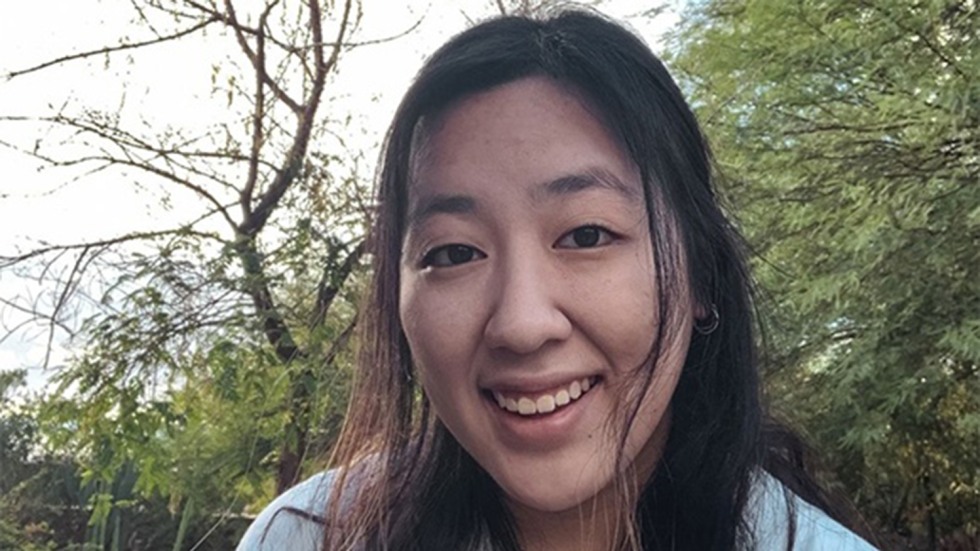Concentration:
Economics, International and Public Affairs (Development track)
Hometown:
Chandler, Arizona
Last semester, you began participating in the Student Clinic for Immigrant Justice, a collaboration between the Watson Institute and the Center for Human Rights and Humanitarian Studies. Could you describe what the SCIJ is, and why you wanted to get involved?
The Student Clinic for Immigrant Justice is the only program of its kind that focuses on equipping undergraduates to engage in migrant justice. Our approach is twofold: every year, a cohort of around 13 students participate in an intensive 13-week Law and Immigration training program, where we learn about immigration law with an emphasis on asylum law. Simultaneously, we talk about principles of organizing so that we can start to be part of community work. Within just a year of the organization’s founding, we’ve partnered with so many incredible community organizations doing work at the US-Mexico border, here in New England, and around the country to advocate for migrants. The inaugural cohort at Brown went through the training last semester and has recently been paired with local attorneys to begin working on our first asylum cases remotely.
During high school, I had the opportunity to work with the refugee and asylee population in Arizona, my home state, and began to understand the shortcomings of the immigration system in protecting the most vulnerable. I was excited to apply to SCIJ because it’s really innovative in its approach to working directly with undergrads and giving us the legal knowledge, skills, and practice to meaningfully contribute to the work of attorneys. 90% of asylum cases without representation are denied. With representation, the chance of winning an asylum case increases fivefold, so the need is pretty glaring.
What has been the most meaningful experience you’ve had while participating in the SCIJ?
My case partner and I are meeting with our first client in about a week from today, so I’m sure that will be quite meaningful! But up to now, I think the camaraderie I’ve found amongst the SCIJ @ Brown cohort has been so unique and refreshing. We have amazing leadership in SCIJ’s Executive Director, Jonathan Goldman, and he’s encouraged us to share the experiences and purpose that bring us into this work. All 13 students in our cohort are multilingual, and many of us come from immigrant backgrounds. There’s a solidarity and vulnerability that informs the way we interact with each other and with the clients we work with. That’s ultimately what we want: for migrants to have the agency and opportunity to tell their stories in a just way.
